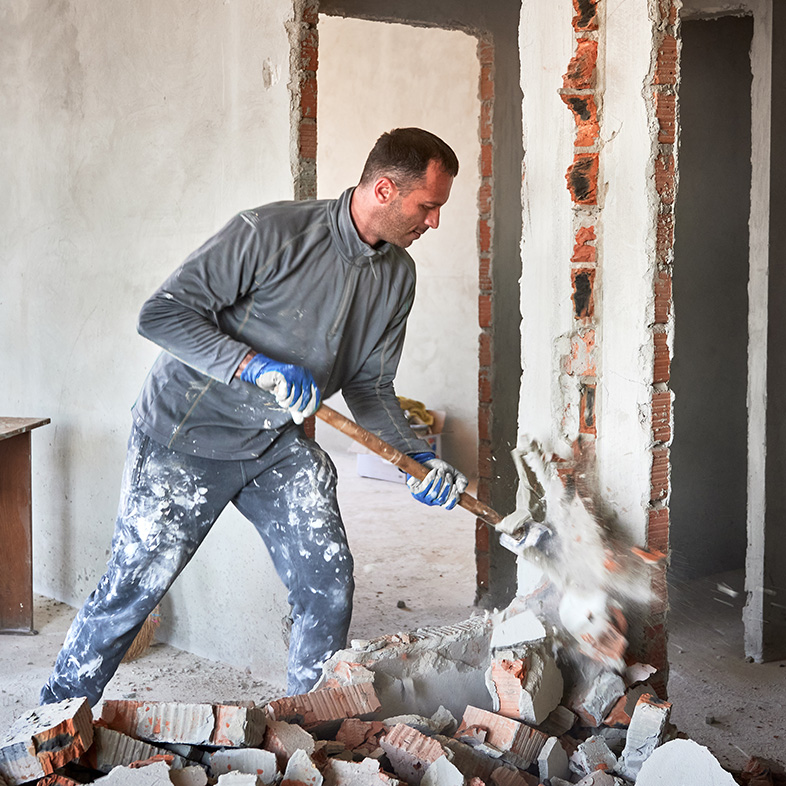We’ve all been there. We go through and estimate repairs on a property and miss something.
Sometimes, that something is minor however it could be quite significant. This tends to happen when the rehabs are larger in scope or have a structural or foundation issue that needs addressing. Many wholesale and rehab courses do not teach how to address these items beyond generalities. The problem is the cost of these items can be deal breakers if not addressed.
While Buyers are expected to do their own due diligence, it is well documented the countless Buyers that have been frustrated by wholesalers due to this lack of information. I thought I would take some time to outline some common figures for some common items. Adapt to your area as you see fit.
- Survey: $400-$1000
- Surveys are needed to outline the property boundaries and the layout of the land. These are nearly always required for when additions are planned/changed or new construction.
- Site Plan/Demo Plan/Stormwater Management Plan: $1000-2000
- These are the documents that outline how the finished product will layout on the land, how a demo would be handled if physical property is being demolished and what items are being put in place to handle stormwater runoff.
- Grading: $2000-$7000+
- Bring out the Bobcat and move some dirt! It is common for some dirt moving to have to happen when exterior structural elements are moved/added/removed.
- Permitting: $400-5000
- Largely varies by area, the permits needed and how many different ones needed are requirements to ensure the job gets done right the first time
- Property Demo – $4000-10000+
- This is the actual demolition of any existing structures and cleaning up the mess it leaves behind.
- Recompense: $500-7000+
- What I call the ‘tree fee’. When taking down live trees, you have to get permission in many areas, especially in the city. The city will let you do it with justification and they will bill you per tree. This is on top of the cost to actually take down the tree.
- Water tap – $1500-$7000
- Maybe you are dealing with a property on a well or septic and want to tap into city water or it’s just raw land. The county/city will bill you to tap into their water system. This does not include the actual pipe that has to be buried in the ground for the water to flow through.
- Sewer tap – $7500-12000
- Sewer taps allow for waste to be handled by the municipality’s sewer system. They are oftentimes preferred to septic tanks as the thought pattern is it is cheaper than maintaining a septic system (note: it oftentimes isn’t). Many times, the municipality will not give an option on this so be sure to know which system you need.
- Septic service – $200-2500
- If you have a septic system, it’s oftentimes as easy as pumping the tank. More drastic measure would be if drain lines got punctured, usually by a tree root. Another possibility is they were driven over by a vehicle and if the line isn’t deep enough, it could compress, impacting the septic tanks functionality. Pumping in inexpensive but repairing lines are not. Pumping a tank is cheap insurance most of the typical issues.
- Staging – $1000-2500
- Many rehabbers, especially in nicer areas are going to stage the house. Staging helps homeowners visualize the property without having to work at it, potentially increasing the chance of a sale.
This is not an all-encompassing list but these figures can make or break a deal. Many of these costs will be grouped together and termed ‘prep costs’ since many occur before any construction begins. A good rule of thumb on larger projects is $15000-20000 in prep costs give or take depending on the specifics of the deal. For smaller projects, it could easily be half or less. Each property is its own analysis.
Whether you do construction or not, knowing this information will help you to structure more deals that make sense as an acquisitions person. Your Buyers will appreciate your foresight into thinking about it from their perspective!

